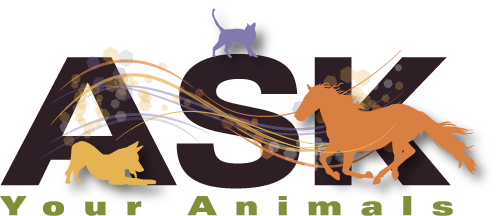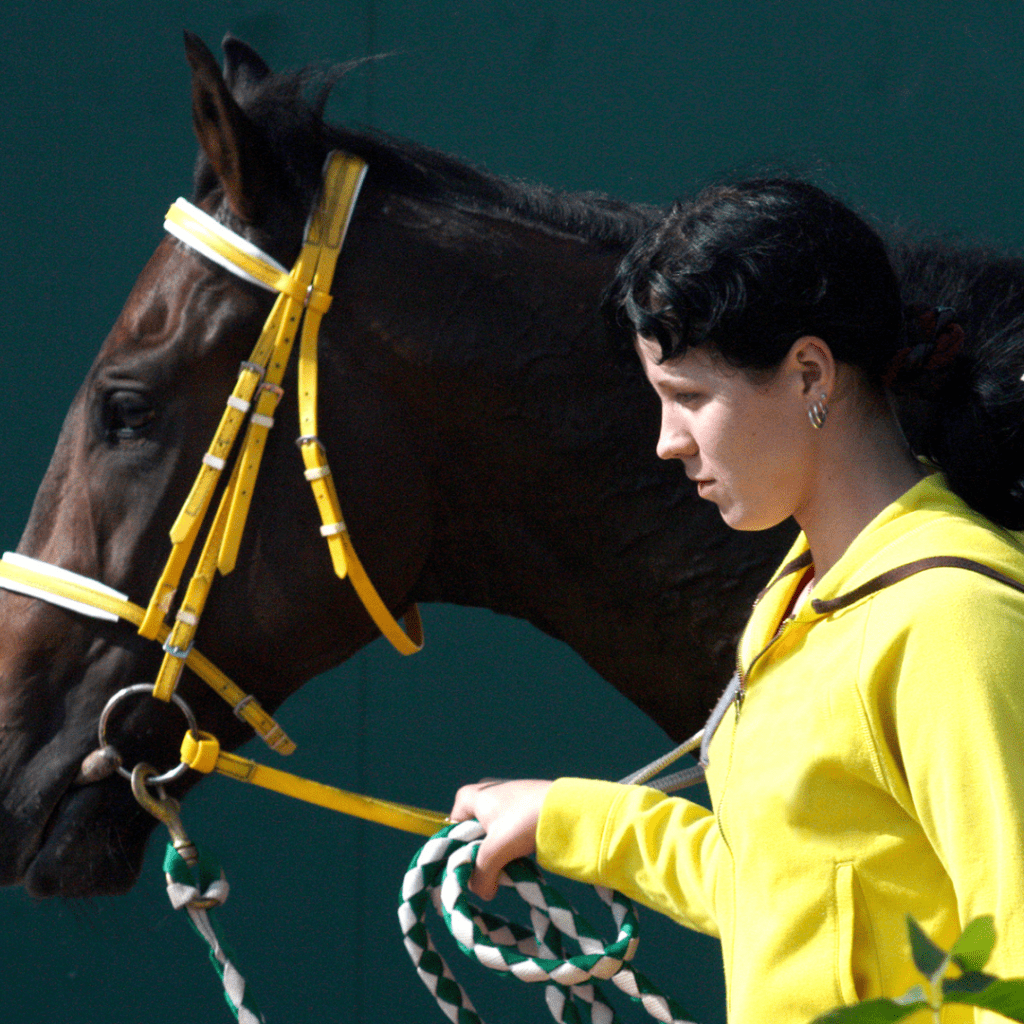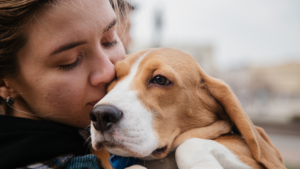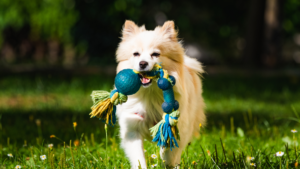As every experienced horse trainer knows, there is no magical shortcut to training a horse. For every horse you take on for training, there is a unique process of observation, trust building, cue and response, repetition, reward, and patience. Whether the trainer is starting a green colt, retraining an OTTB, or polishing the skills of a Grand Prix competitor, they must be tuned into the non-verbal communication used by all horses.
Trainers Are Already Using Animal Communication
Without even realizing it, the best trainers are already using the main skills of animal communication.
- Acknowledging that the horse is a thinking, feeling, non-verbal being.
- Remaining focused and present at the moment with the horse in front of them.
- Collecting and processing non-verbal information from the horse based on his body language and response to cues.
- Allowing his intuition, or “gut feeling”, developed from experience, to guide him to the instant and appropriate response.
- Always remaining self-aware and responsible for non-verbal, physical, mental, and emotional messages that he is sending out to the horse.
- Building trust and a mutual language that allows for two-way communication.
Miscommunication Is Bound To Happen
At any, and every point in this training process the opportunities for miscommunication and misunderstanding are almost limitless for both parties. Even the horses that are willing and able to clearly communicate are often confused by mixed signals or lack of information.
In many cases, a trainer starts with very little knowledge of the horses’ temperament, past experiences, and individual preferences. Just as humans see the world through the filter of their own past experiences, the same is true for horses. They carry the baggage of past training, fear triggers, and physical discomfort forward with them into each new experience.
Why Having An Experienced Animal Communicator Is Important
The skills of an experienced animal communicator can offer the perfect complement to those of the horse trainer. Through telepathic animal communication, one can explore other aspects of equine behavior that can not be answered from visual observation. The communicator can gather information in the form of images, emotions, and physical sensations that can build on the visual picture of who the horse is. By adding this tool to the training toolbox of skills, any horse handler can enrich the partnership they share with the horse.
Save Yourself Time And Money
Can you imagine the time, money and frustration to be saved if the horse could simply answer the following questions?
- What is the trigger for this behavior, is it physical, mental, or emotional?
- Where do you feel pain? What is the quality of the pain; sharp, dull, pulsing?
- How does the saddle fit? Do you feel any uneven pressure?
- What training exercises do you enjoy most? Which ones confuse you?
- In which environment do you feel most focused? In the indoor arena or the outdoor jump ring?
- Which daily activities stimulate you in a positive way? Which causes boredom or shuts you down?
- Does the pace of your schooling suit you or do you need more of a challenge?
- What things, places, or activities trigger your fear response?
- In what exercises are you feeling confused and how can I clarify the goal to make it easier?
Customize Your Training Based On Your Horses Needs
It is amazing how often humans and horses alike come to assumptions about one another that are inaccurate and cause conflicts and misunderstandings that disrupt the training partnership. Giving the horse an opportunity to share their perceptions and clarify goals, opens up new possibilities for negotiation and compromise in the relationship.
Armed with these answers, the horse trainer now has the opportunity to rethink and format the training environment to suit the unique nature of that particular horse. Making even small adjustments to accommodate the individual horses’ needs can go a long way to building a deeper, trust-based, relationship with any horse in your care.
If you are interested in more tips and exercises for building trust with your horse, please visit this article by Erica Ash.



